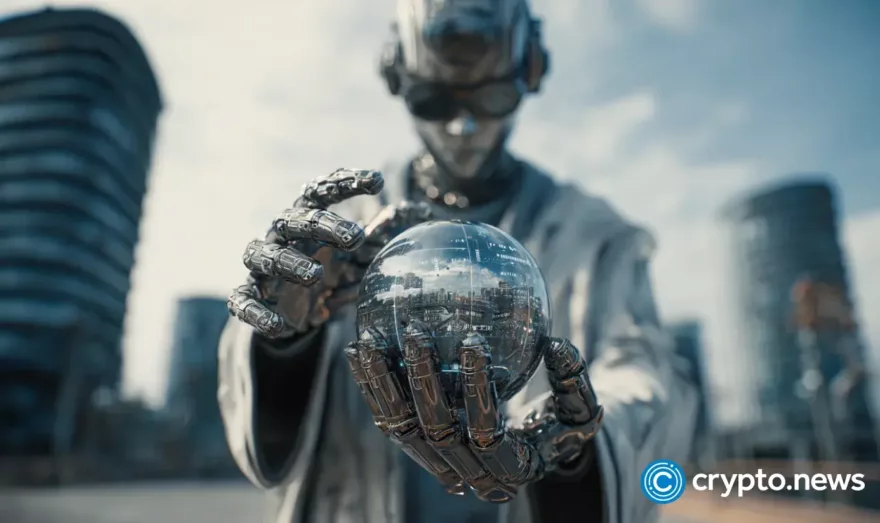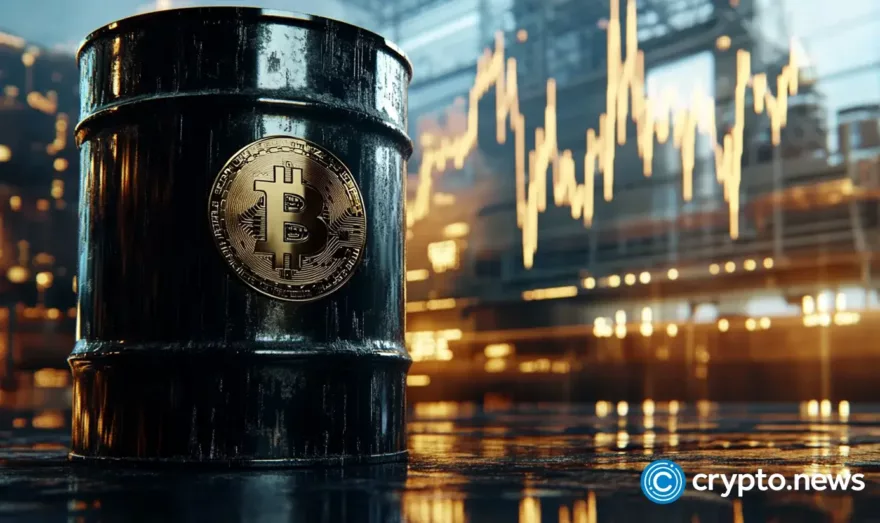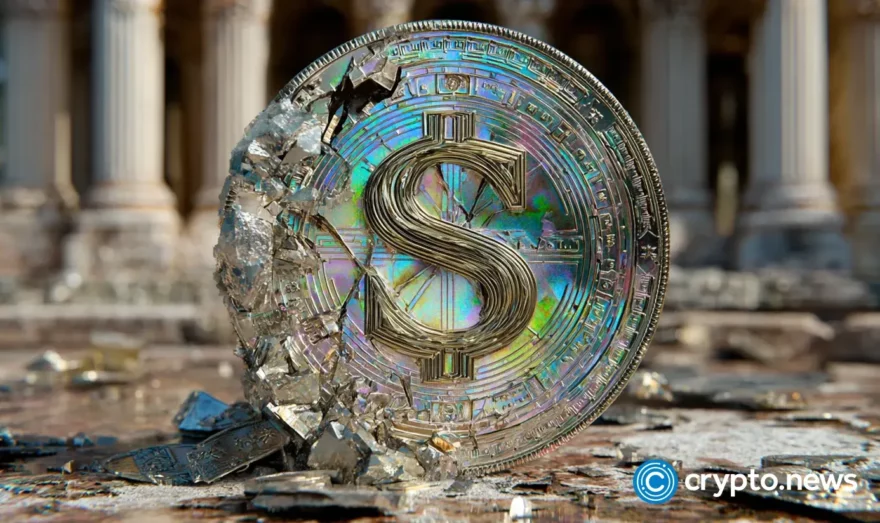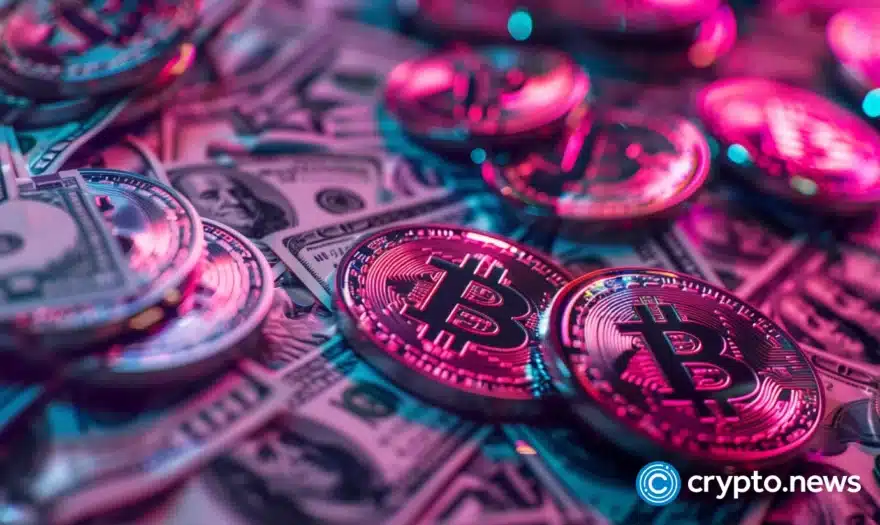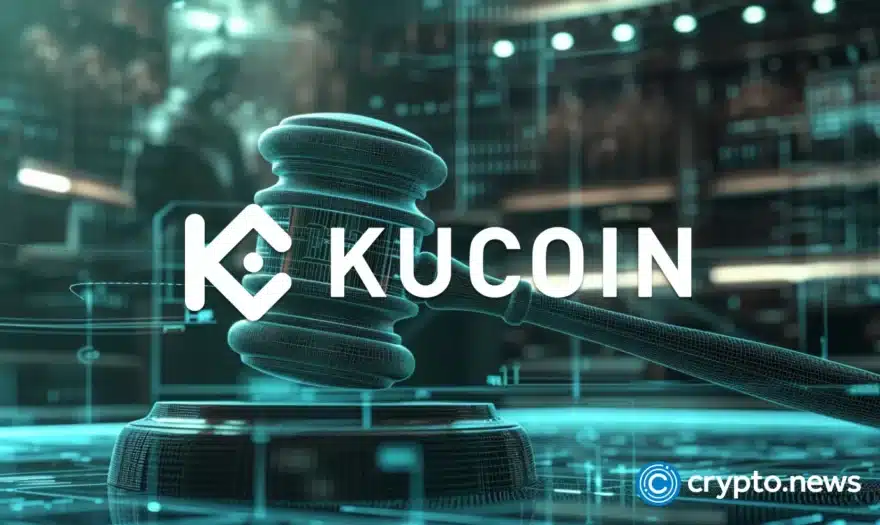What Is a Satoshi? Understanding the Smallest Unit of Bitcoin
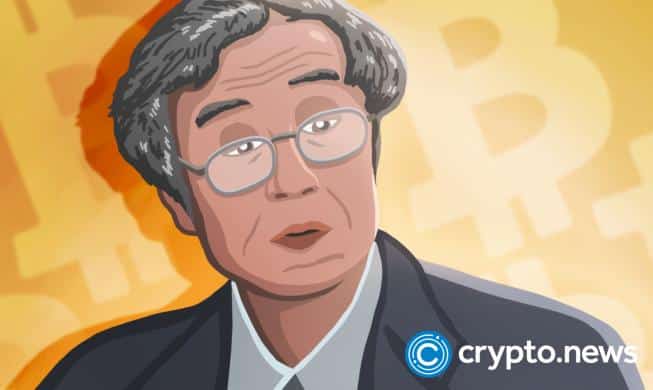
The whole concept of cryptocurrencies is a phenomenon predetermined to change the course of the global markets. While it’s one of the most disruptive financial innovations, the beginnings of Bitcoin are quite humble, and it all started as a geek’s plaything.
The Birth of Satoshi
The smallest unit of Bitcoin is Satoshi, inferred from its founder Satoshi Nakamoto. Reflecting on the correlation between Bitcoin and the name Satoshi Nakamoto, you will notice that the two go hand in hand. The obvious explanation reiterates the recognition of the Bitcoin founder, Satoshi Nakamoto, being the name attributed to the person or group of people who created and deployed the first Bitcoin network in 2009.
There are 100 satoshis (or 0.00000001) per bitcoin. This means that each coin costs $0.0000001. However, there is more to Satoshi than merely being the smallest unit of Bitcoin. If you want to get a better understanding of Satoshi, continue reading the extract below:
The Satoshi
As aforementioned, one BTC is equivalent to 100 million Satoshi. However, since the division is for transaction purposes, it isn’t defined within the blockchain. At least not in the same way as Fiat money, where the printing press has denominations of the same currency.
Usability
Satoshi is easily convertible into other cryptocurrencies, as well as into Fiat money. The ability to make conversions depends on the specific crypto exchanges’ features, such as having a fiat-on-ramp.
Satoshi lacks a major crypto pair, which is not a problem since Bitcoin is part of many major currency pairs.
Trading
Transactions typically start with depositing into a crypto exchange, usually in local fiat money. The deposit is then converted into BTC, expressed in Satoshis using the earlier stated conversion rate.
Merchants that accept Bitcoin can receive payments in Satoshi, which is preferable thanks to the smaller unit value. As an illustration, paying for a $2 cheeseburger using Bitcoin at its current value would feature a bill of 0.000088BTC. On the other hand, it would be 8,800 Satoshi.
Uniqueness
Satoshi is the only widely accepted transactional denomination of Bitcoin at the time of writing. It differs from other cryptos like Ethereum, which have several widely accepted denominations.
However, there are several other subdivisions of BTC. One of them is the millibitcoin with a thousandth of a BTC valuation. The other is the millisatoshi, valued at a millionth of Bitcoin.
Benefits of Having Satoshis
Eases Microtransactions
The most obvious benefit of having Satoshi is the streamlining of microtransactions. For recording and reporting purposes, smaller trades defined in Satoshis make more sense than when phrased in BTC.
The reason is the reduced need to quote the transaction figure in numbers with many decimals.
Allows for More Participation
Since its inception, investors have welcomed the meteoric rise in BTC values. That’sThat’s because it directly translates to increased returns in the form of capital value gains. With current prices ranging in the tens of thousands, it is not such a piece of welcome news to small-scale investors.
With Satoshi, however, one can plan to purchase much smaller Bitcoin units in a more accessible manner. It allows for the participation of more people, increasing the possibility of the universal adoption of the currency.
Important For the Reducing Mining Reward
The bitcoin halving plays a key role in taming the coin’s inflation rate. It does so by reducing the rewards in BTCs miners make after verifying transactions via the mining process.
The current reward is at 6.75 BTC, with the number reducing by half every four years. Its reduction to figures below 1 BTC is therefore just a matter of time. Nonetheless, the value of BTC is somewhat always on the up. The new tokens minted after mining are expected to be counted in Satoshis over time.
Satoshi and the Post-Mining Future
Finite Supply
Thanks to Bitcoin’s white paper, the number of coins that will ever be in circulation is pegged at 21 million. Predictions by experts place the year at 2140, slightly more than a century from the time of writing.
The finite number and halving event ensure that the value of BTC is always on the up. The current value is more than 27,000 times larger than it was 13 years ago during its inception. The puzzle is what happens after the last coin is mined?
Meteoric Rise
Based on the fact that the forces of demand and supply primarily determine the value of Bitcoin, the meteoric rise in its value is but a scratch on the surface. Its projected scarcity should drive people into a buying frenzy due to the fear of missing out (FOMO). That would guarantee an even sharper rise in Bitcoin’sBitcoin’s value.
At such a stage, the bulk of transactions in Bitcoin will probably be seen as microtransactions as they’ll rarely exceed the 1BTC value mark. Satoshi are expected to become the predominant denominational figure of transactions for Bitcoins.
Transaction Fees Instead of Mining Rewards
The post-mining period will have no mining reward, spelling a different income reality for miners. Mining rewards from verifying transactions will no longer be a source of income for them. In its place will be transaction fees.
Thanks to BTC’s high expected dollar value by this period, using Satoshi to define their earnings will probably be the new norm.
Author’s Take
Satoshi’s are the smallest widely accepted denomination of Bitcoin, with 1 BTC set at 100 million Satoshi. The name itself is coined by the blockchain’s founder.
The term has already garnered immense popularity and is often used in intraday merchant transactions that involve bitcoins, especially for microtransactions.
Moreover, crypto analysts forecast Bitcoin’sBitcoin’s post-mining future could make Satoshis the preferred transactional term for BTC. That’sThat’s because Nakamoto scheduled a four-year concurring event, Bitcoin halving, that lets the network conform with the up-to-date inflation rates. This event lowers Bitcoin mining rewards, thus heightening the price of mining, resulting in a subsequent rise in the price of one Satoshi.





